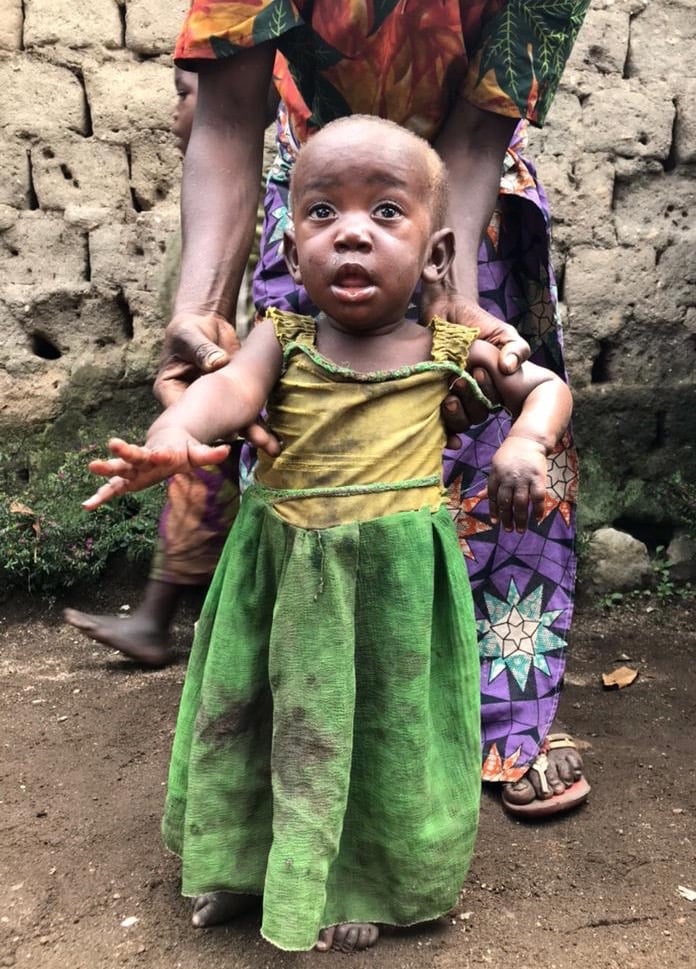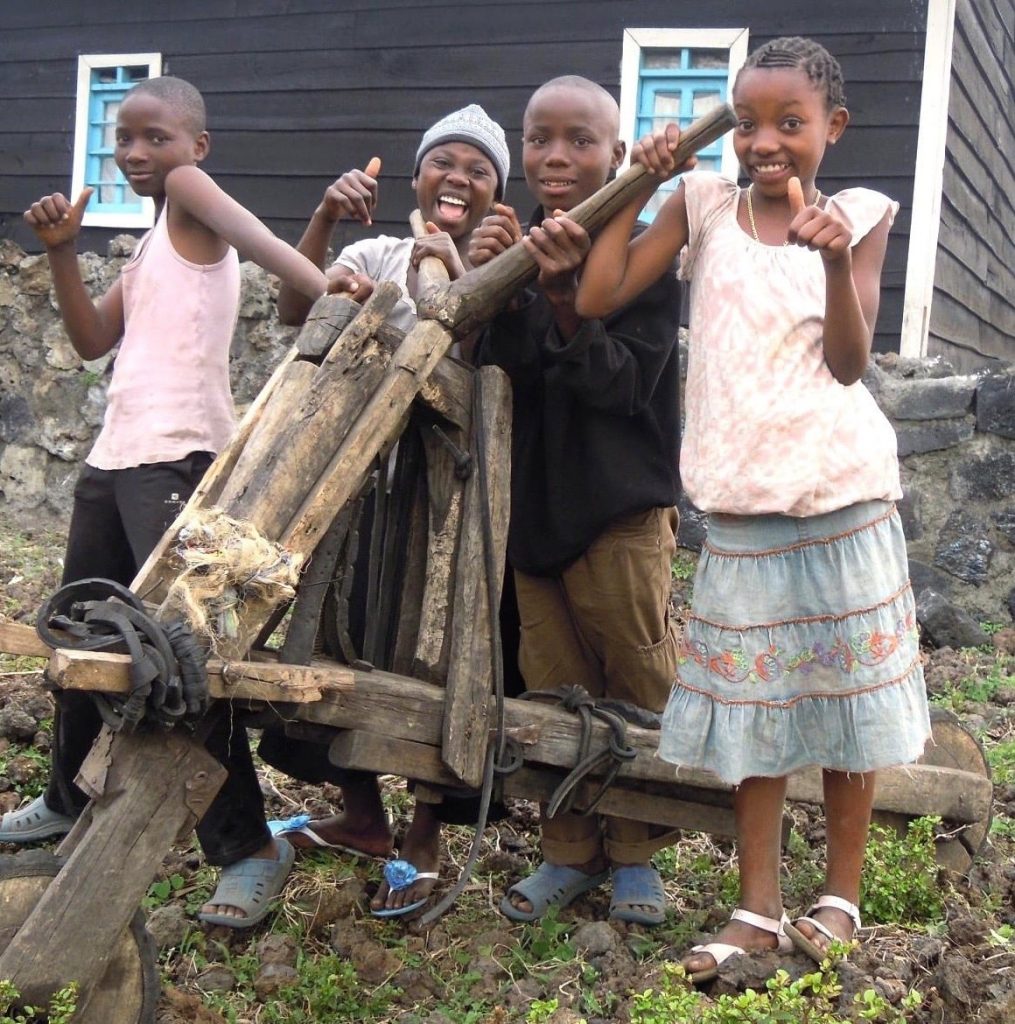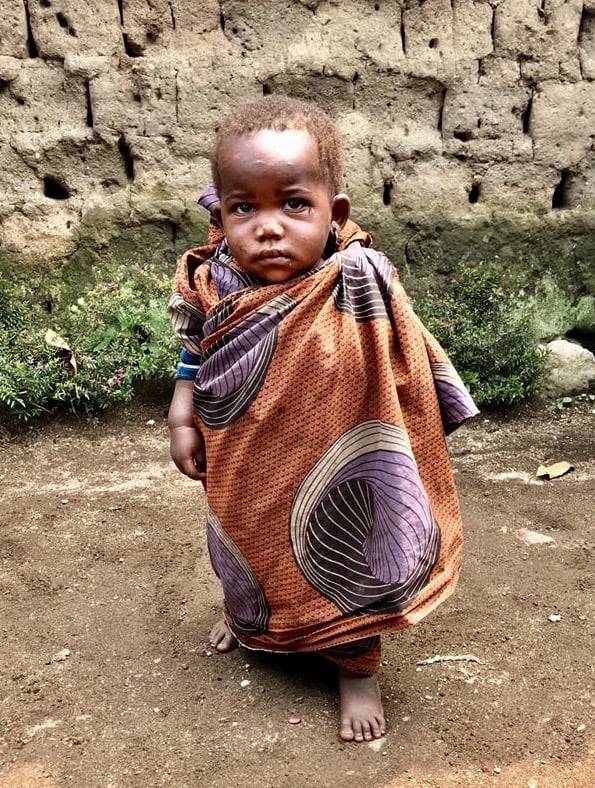Vita su Marte, Vita in Africa // Life on Mars, life in Africa
L’umanità ha mandato Perseverance su Marte, un altro enorme passo della ricerca scientifica. Le hanno dato il nome di ciò che ci è voluto per riuscire in un’impresa così difficile: far atterrare sul pianeta rosso un robot con le ruote, armato di macchine fotografiche e bracci meccanici. Il mondo intero freme in attesa delle foto emozionanti che ci invierà. Tramite l’analisi dei campioni prelevati, una volta che, nel 2031, riusciremo a riportarli sulla Terra tramite un’altra serie di emozionanti missioni, potremmo sapere se c’è mai stata vita sul pianeta rosso. Un’attesa di 10 anni.
Avevo 10 anni o poco più quando la maestra ci dettò la traccia del tema in classe più o meno intitolato: “E’ giusto spendere soldi per andare nello spazio, al posto di salvare milioni di bambini affamati?”. Vita su Marte, vita in Africa, appunto! Lo svolgimento del mio tema fu a totale favore dei bambini affamati, immagino perché quando ero piccolo mamma mi diceva che ero magro come un bambino del Biafra o forse perché ero poco scienziato. Ma avevo 10 anni.

Poco più di 10 anni fa visitai per la prima volta un orfanotrofio della Repubblica Democratica del Congo, i “chukudu kids”. A Goma, area di conflitto al confine con Ruanda. Nell’orfanotrofio vi erano 16 ragazzini e 2 letti a castello (i calcoli fateli voi). Non c’era pavimento e il gabinetto era un buco nella lava, nello spazio antistante la baracca di legno buia dove dormivano, mangiavano riso e fagioli e studiavano. Avevo con me pastelli e qualche foglio di carta, passai un’oretta a fare scarabocchi a quei bambini che mi guardavano stupiti come fossi un marziano.
A 10 anni da quel giorno, qualche mese fa, mi sono arrivate via mail delle foto, che marziane è dir poco. Una di quelle bimbe, Lucienne, con un semplice telefonino, aveva scattato immagini strabilianti alla comunità pigmea dell’isola di Idjwi che la Fondazione Cariello Corbino supporta grazie a voi donatori. Sorrisi, abbracci, gente al lavoro, la prova che in Africa c’è vita. Solo ieri, quando Perseverance è atterrata con i suoi teleobiettivi su Marte, ho realizzato che anche io, il più insignificante membro di un team di Perseveratori, avevo contribuito nel mio piccolo a mandare in orbita la nostra sonda Lucienne, che era atterrata sana e salva e ora stava facendo ciò che sognava: fotografare.
Di ritorno dai miei viaggi africani, ho pensato più volte a quel tema, a quel dilemma tra frontiera della scienza e frontiera dell’umanità che la maestra Anna ci aveva posto. Il mio svolgimento oggi sarebbe diversa, perché ho più informazioni: il giusto sta nel mezzo! E’ dovere dell’uomo proseguire nella ricerca scientifica, sia essa verso lo spazio che nella medicina, come in altri campi delle scienze fisiche, economiche, umanistiche. E’ la ricerca che ci ha fatto progredire, creare forme di comunicazione, curare temibili malattie, costruire ponti. Ma sarebbe anche dovere dell’uomo avanzare verso la frontiera della umanità, verso la cura definitiva di fame, sete e ingiustizia sociale. Tra 10 anni sapremo se c’è stata vita su Marte, chissà come sarà la vita in Africa.
Oggi so che non è una questione di risorse economiche: ne abbiamo per tutti. Solo che, mentre si continua a investire enormi risorse nella conquista dello spazio, non lo si fa nella conquista della dignità, per tirare fuori dalla povertà assoluta oltre 800 milioni di persone (tra cui la maggior parte donne e bambini) nel mondo. Dignità non solo per loro, ma anche per noi, che assistiamo impotenti o indifferenti alla loro sofferenza.
Sono sinceramente ammirato da sognatori come Elon Musk, che vuol passare alla storia come il primo ad aver organizzato viaggi privati sulla Luna. Ma se avendo la sua genialità o la disponibilità economica, preferirei passare alla storia come quello che ha portato acqua potabile e istruzione gratuita a tutti i bambini del mondo. Penso proprio che in questo cambio di visione ci guadagnerebbe tutta l’umanità: tra dieci anni potremmo tutti guardare la luna col cuore più leggero. Nell’attesa: c’è ahimè bisogno di ognuno di voi!

Humanity has sent Perseverance to Mars, another huge step in scientific research. They gave it the name of what it took to succeed in such a difficult undertaking: to land a robot with wheels, armed with cameras and mechanical arms, on the red planet. The whole world is trembling in anticipation of the exciting photos he will send us. Through the analysis of the samples taken, once we are able to bring them back to Earth through another series of exciting missions in 2031, we may know if there has ever been life on the red planet. A wait of 10 years. I was ten or so when the teacher dictated the outline of the topic in the classroom more or less entitled: "Is it right to spend money to go to space, instead of saving millions of starving children?". Life on Mars, live in Africa... The development of my theme was in total favor of hungry children, I guess because when I was little, my mother told me that I was thin like a child from Biafra or perhaps because I was never a scientist. But I was 10. A little over 10 years ago, I visited an orphanage in the Democratic Republic of the Congo for the first time, the "chukudu kids". In Goma, a conflict area on the border with Rwanda. In the orphanage there were 16 children and 2 bunk beds (you do the calculations). There was no floor and the toilet was a hole in the lava, in the space in front of the dark wooden shack where they slept, ate rice and beans and studied. I had crayons and a few sheets of paper with me, I spent an hour making scribbles to those children who looked at me astonished as if I were a Martian.

10 years from that day, a few months ago, I received some photos via email, which are Martian to say the least. One of those girls, Lucienne, with a simple mobile phone, had taken amazing images of the pygmy community of the island of Idjwi that the Cariello Corbino Foundation supports thanks to you donors. Smiles, hugs, people at work, proof that there is life in Africa. Only yesterday, when Perseverance landed with its telephoto lenses on Mars, did I realize that even I, the most insignificant member of a team of Perseverators, had contributed in my small way to send our Lucienne probe into orbit, which had landed safe and sound. and now he was doing what he dreamed of: photographing. Returning from my African travels, I thought several times about that theme, about that dilemma between the frontier of science and the frontier of humanity that the teacher Anna had posed to us.
My development today would be different, because I have more information: the right is somewhere in between! It is man’s duty to continue scientific research, both towards space and medicine, as in other fields of the physical, economic and humanistic sciences. It is research that has made us progress, create forms of communication, cure terrible diseases, build bridges. But it would also be man’s duty to move towards the frontier of humanity, towards the definitive cure for hunger, thirst and social injustice. In 10 years we will know if there was life on Mars, who knows what life will be like in Africa. Today I know that it is not a question of economic resources: we have them for everyone. Except that, while we continue to invest enormous resources in the conquest of space, we do not do so in the conquest of dignity, to lift over 800 million people (including most women and children) in the world out of absolute poverty. Dignity not only for them, but also for us, who are helpless or indifferent to their suffering.
I am sincerely admired by dreamers like Elon Musk, who wants to go down in history as the first to have organized private trips to the Moon. But if having his genius or financial resources, I would rather go down in history as the one who brought clean water and free education to all the children of the world. I really think that in this change of vision all humanity would gain: in 10 years we could all look at the moon with the lightest heart. In the meantime: we need each of us!




No Comments